
Feb 22 , 2020
By GELILA SAMUEL ( FORTUNE STAFF WRITER
)
The scheme will construct 79,800 housing units on 100ha.
If approved by the Ministry of Finance, private companies can partner with the government to develop real estate under a Public-Private Partnership (PPP) arrangement.
For the scheme, the Ministry of Urban Development & Construction has submitted a pre-feasibility study to the Public-Private Partnership office under the Ministry of Finance in early January for deliberation. The study was conducted by the Construction Ministry over a period of 18 months along with the Addis Abeba City Administration after the duo got a green light from the Ministry of Finance.
The two authorities formed a committee to conduct the study, dubbed the Affordable Housing Development in Addis Abeba. The committees assessment was concluded last October. During the study, the team examined case studies from South Korea and India.
The study recommends the Design-Build-Transfer Model, which involves a private developer that is responsible and accountable for the construction and transfer of the houses.
The study proposed the construction of 79,800 housing units on 100ha of land, designed to benefit nearly 400,000 low and middle-income families in the capital. Out of the total land parcel, 40pc of it will be used for the construction of the houses, while infrastructure development and open space will share the remaining equally.
This housing development project will be designed around 18-storey high rise buildings with two basement levels. The buildings will have water, sewerage, and electrical systems, and will be include common areas.
According to the proposal, the construction of the houses is expected to take a year and a half, while the total project is expected to take 11 years. After the project's completion, the government will fully take over the project.
The chosen model is in response to the chronic housing problem in the capital, according to Tadesse Kebebew, director of the Housing Development & Administration Bureau at Ministry.
"Housing problems led to a backlog of about a million people," said Tadesse. "In order to alleviate this, the Ministry has been working on pragmatic options to solve the issue."
In the last 15 years, the government has been using different mechanisms to alleviate the housing problem in the capital including the Integrated Housing Development Program, a state-led programme that provides housing for low and middle-income people.
"But it can't solve the housing issues alone," Tadesse said.
Conceived of three years ago, housing development through PPP arrangements involves different stakeholders, including financial institutions, contractors, and real estate developers, who deliberated on the concept since the end of August 2018.
“Under this model, risks and benefits are relatively distributed fairly among the private partners, the government and the end beneficiaries," said Tadesse.
Once approved and launched the private developers will partner with the Addis Abeba Housing Development & Administration Bureau. The Construction Ministry will consult on the project and assist the city administration of Addis Abeba. The Ministry of Finance will handle the procurement process after the agreement is finalized.
Currently, out of the estimated four million people living of the capital, close of 835,000 have registered for condominiums since 2005. However, only about 176,000 residents have received housing so far. The city administration has embarked on the construction of condominiums in Gerji, Bole District.
Currently, the capital has 3,343 condominium blocks, with 94,114 housing units, which are under construction. The city administration spends close to 10 billion Br every year on housing projects.
There is no doubt that this is a long-overdue decision from the government, according to Berhanu Zeleke (PhD), a lecturer at the School of Urban Development Studies at Kotebe Metropolitan University.
"The government should leave the work to private companies," he said, "this is one of the best ways to solve a housing problem in developing countries."
PUBLISHED ON
Feb 22,2020 [ VOL
20 , NO
1034]
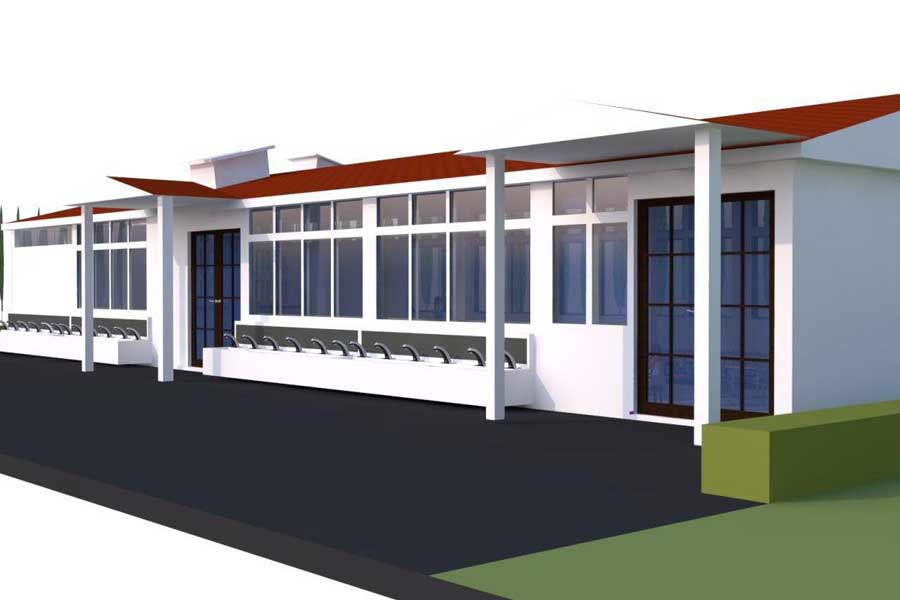
Fortune News | Feb 20,2021
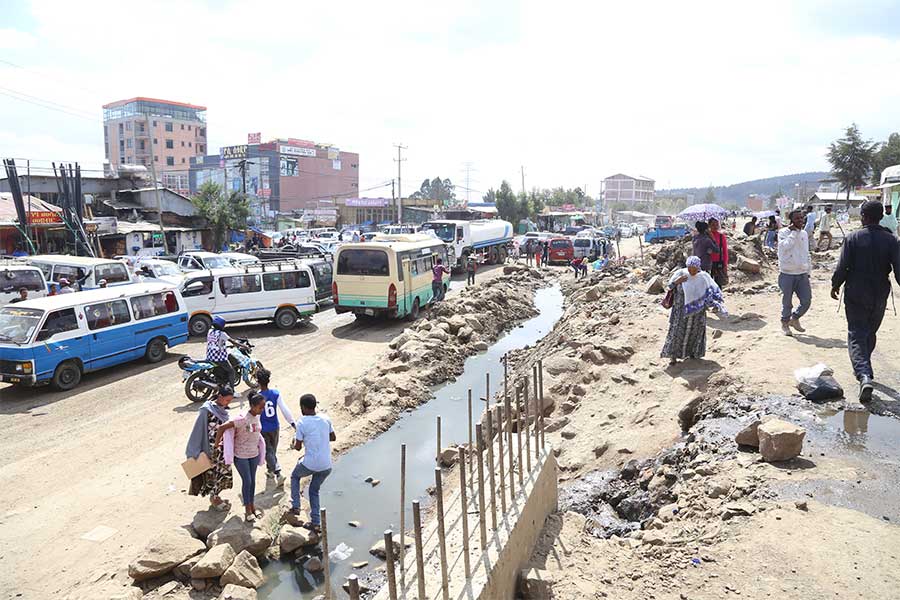
Featured | Dec 21,2019
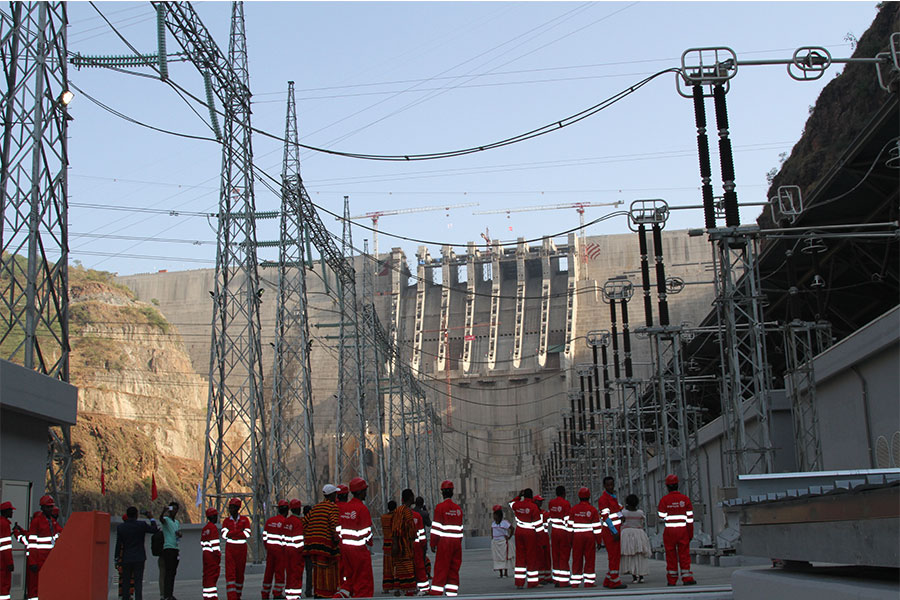
Fortune News | Jul 06,2019
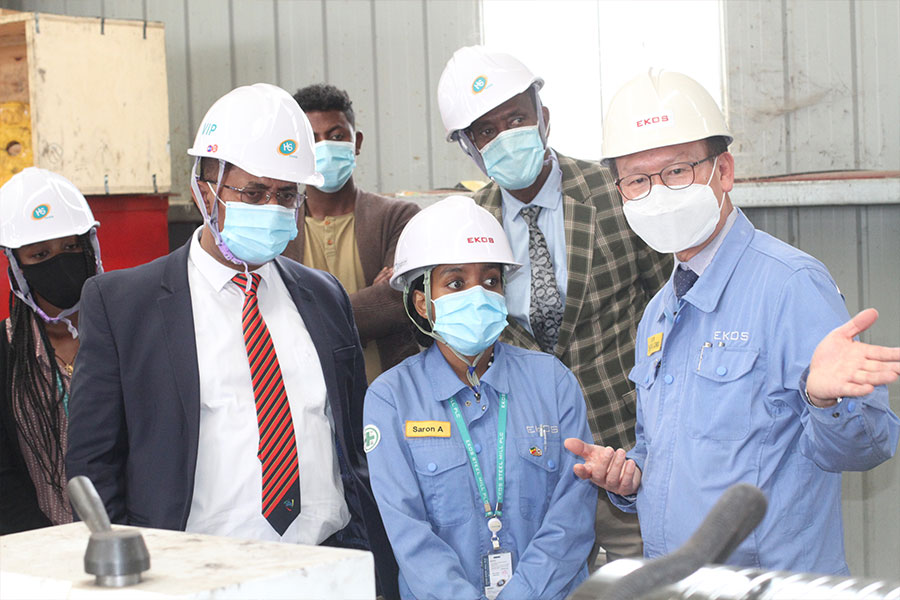
Radar | Jan 16,2021
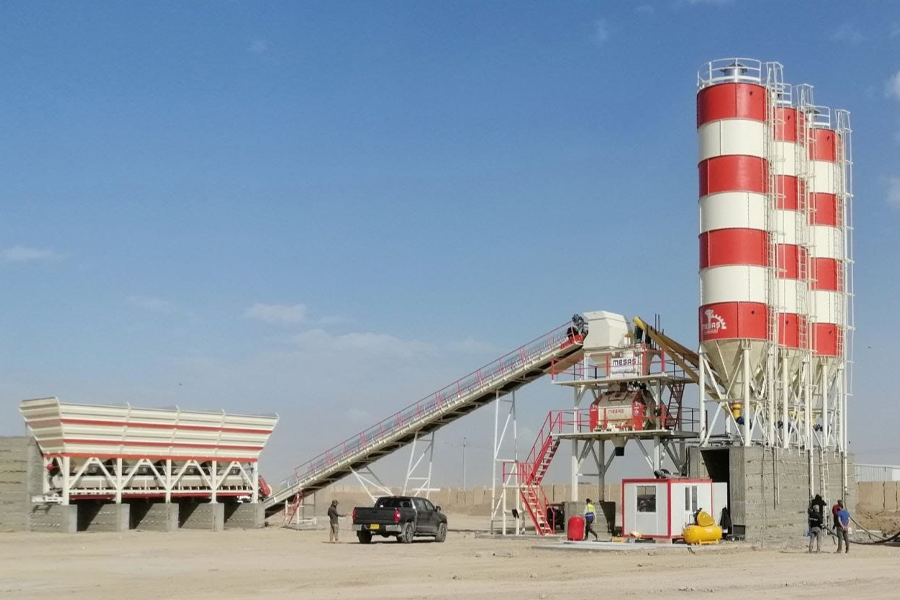
Radar | Nov 03,2024

Dec 22 , 2024 . By TIZITA SHEWAFERAW
Charged with transforming colossal state-owned enterprises into modern and competitiv...

Aug 18 , 2024 . By AKSAH ITALO
Although predictable Yonas Zerihun's job in the ride-hailing service is not immune to...

Jul 28 , 2024 . By TIZITA SHEWAFERAW
Unhabitual, perhaps too many, Samuel Gebreyohannes, 38, used to occasionally enjoy a couple of beers at breakfast. However, he recently swit...

Jul 13 , 2024 . By AKSAH ITALO
Investors who rely on tractors, trucks, and field vehicles for commuting, transporting commodities, and f...

Oct 25 , 2025
The regulatory machinery is on overdrive. In only two years, no fewer than 35 new pro...

Oct 18 , 2025
The political establishment, notably the ruling party and its top brass, has become p...

Oct 11 , 2025
Ladislas Farago, a roving Associated Press (AP) correspondent, arrived in Ethiopia in...

Oct 4 , 2025
Eyob Tekalegn (PhD) had been in the Governor's chair for only weeks when, on Septembe...